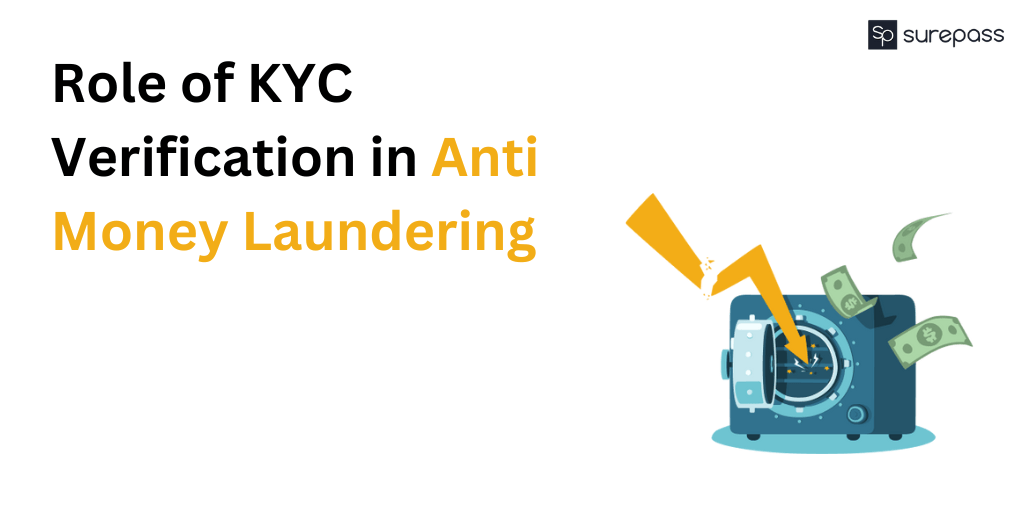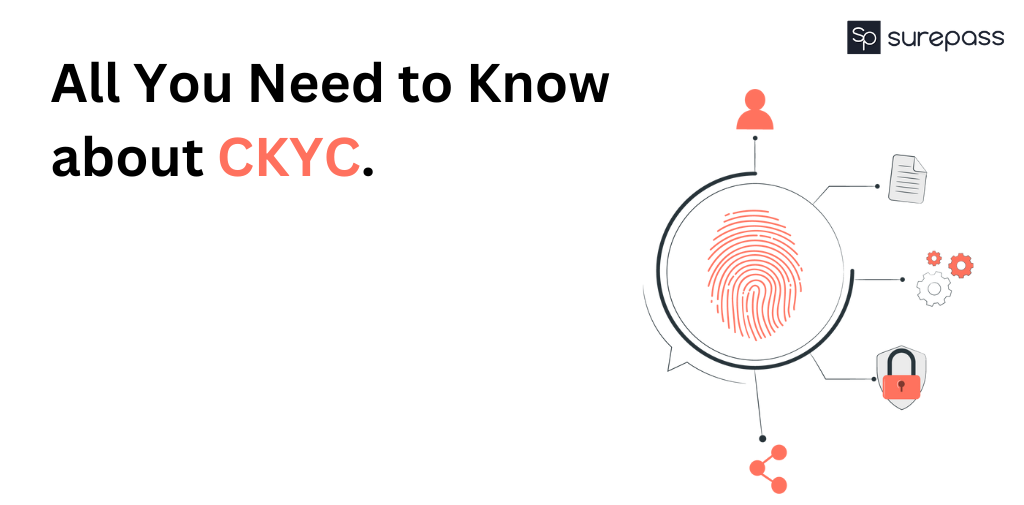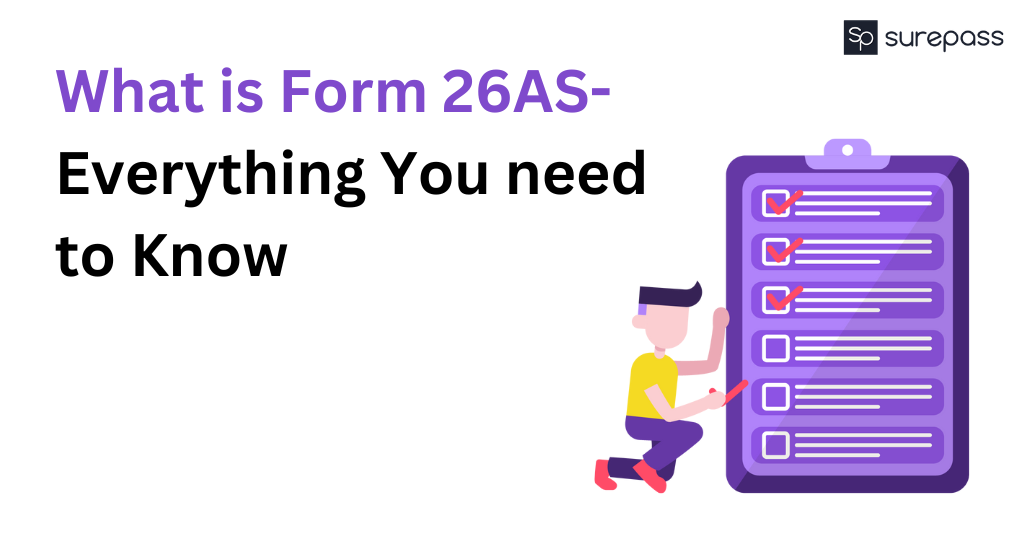Vital for AML, Verifying Identities to Thwart Financial Crimes
KYC, also known as Know Your Customer also known as KYC generally confirms and confirms the legitimacy of customers by asking “Are you who you say you are?” If you are a customer Are you secure to do business with?
To prevent financial fraud and criminal acts, it’s an essential element of the due diligence system. Furthermore, it is vital for maintaining the integrity to the global financial system. Therefore, when a loophole or weakness could be exploited the financial system would be impacted massively.
KYC and its Role in Money Laundering
The notion of checking prospective clients prior to beginning the business process isn’t original; the initial know Your Customer (KYC) regulations were formulated in the US in the late 1970s in order to stop the laundering of money and came into effect as part of the Bank Secrecy Act (BSA). Since its inception, the original model has seen revisions and modifications, including due to the Patriot Act following the September 11th attacks in 2001 as well as the financial crisis of 2008. KYC regulation has changed as a result of the changes implemented to KYC processes.
The security of businesses has seen revolution due in part to the security strategies that are proactive which protect an enterprise’s image, and protect against penalties for non-compliance as well as financial loss. Additionally, they eliminate the risk of dealing with clients who are high-risk or fraud. But, accessing unauthorized online platforms can be responsible for fraudulent activities whenever they happen this is the reason the reason KYC is vital to prevent fraudulent activities and has resulted in KYC conformity.
KYC & AML
AML is the term used to describe the entire range of regulatory due diligence processes that companies have to use in order to operate legally authorized businesses that is the primary difference in between AML as well as KYC.
Know Your Customer, also known as KYC is a type of Anti Money Laundering (AML) that requires companies to verify that they are the real customers. This is merely a small part of the bigger procedure which is AML compliance.
In contrast, Customer due diligence (or CDD) is only one element of KYC rules. In the process of onboarding, getting details about the new customers is the first step of every KYC process. The business collects the needed information from its customers during this process and then securely stores the data.
The identity of the client is checked at the end of the second phase of CDD in order to confirm that they’re not pretending to be someone else. To verify that the person is actually in the area, this step is based on biometric identification and live ID verification and the liveness test. In order to ensure that the customer isn’t on any sanctions lists or is a politically exposed individual (PEP) Businesses can conduct a watchlist verification.
In the case of companies that operate in controlled sectors, KYC and AML are vital components for regulatory compliance and play an integral function in creating secure AML and KYC protocols.
Automate your KYC Process & reduce Fraud!
We have helped 200+ companies in reducing Fraud by 95%
What is KYC & AML?
KYC as well as AML compliance is vital to the prevention of money laundering, fraud as well as other criminal acts involving money. No matter the sector that they are in businesses that allow customers to pay money anonymously could be targets of money laundering or money muling. If the company is a banking institution, fintech or marketplace, an efficient compliance program ensures that customers and the business are able to conduct business without fear.
The most effective and vital financial institutions are banks. When compared to other entities they are more vulnerable to financial crimes because they are the ones that process billions of transactions each throughout the day. Criminal groups typically utilize banks as well as other financial institutions to channel cash laundering, either via money mulling or any other methods.
In adhering to their anti-money laundering and anti-money mulling obligations and taking appropriate actions to identify risks, banks need to be alert. The regulators and auditors are required by law to require banks to comply with an anti-money laundering (AML) procedure essential to a bank’s financial and credibility.
A more secure and robust identity protection for consumers is becoming necessary because of the advent of electronic payments as well as technological changes within the financial system.
As with personal accounts corporate accounts too must adhere to KYC regulations for monitoring and identification of due diligence, as well as procedures to prevent money mulling.
Even though the procedure is similar to that of KYC for individuals, however, there are a few distinctions with regard to the requirements. In addition, there can be greater risk factors like transaction amounts as well as sums that require more detailed methods. Implementation of Know Your Business (KYB) strategies is usually used in these kinds of processes.
Companies today rely on video-based KYC verification in order to avoid fraudulent transactions, decrease the risks of financial transactions as well as deter criminals’ attempts to smuggle cash.
KYC AML benefits
-
Onboarding speed is increased.
A survey by Thomson Reuters found that 30 per cent of the respondents stated that the process of boarding a new customer requires more than two months. While 10% reported that it takes longer than 4 months. Certain customers have left the procedure, and this affects the growth of revenue, customer relationships as well as the image of the company. Speedier eKYC methods are beneficial to the above requirements.
-
Guaranteed Authenticity
Inaccurate information can cause delays and costs to escalate; KYC verification systems can find and fix error-prone mistakes. Video-based KYC verification system’s anti-fraud functions further assure the legitimacy of the customer and conformity with KYC as well as AML protocols.
-
Cost- Effective
To maximize the scaling and get more from your investment in the process, video KYC allows faster speeds as well as greater accuracy and more efficient use of compliance tools.
Video KYC Prevents Money Laundering
In the BFSI sector, KYC standards must be followed to prevent money laundering and fraud. The standards are based upon the PMLA Law of 2002 which was approved in 2002 by the Government of India (GOI) and subsequently adopted in the Reserve Bank of India (RBI). Alongside simplifying the process of onboarding for customers and banks alike, Aadhaar eKYC verification significantly reduced the time for businesses operating in the BFSI sector to take on new customers.
The most significant benefit of using video KYC is the fraud-prevention capability. Companies can use AI and face recognition as well as live video interviews, to drastically reduce the number of the risk of identity theft, and also protect their business operations.
It’s much more difficult to make a fake video in particular if the viewer is required to comply with specific rules for example, holding a piece paper, or uttering a particular phrase.
Video KYC Features of Surepass
- GPS Placement
Utilize GPS Coordinate Mapping to determine the exact location of a person.
- Actual Time
It works on a variety of platforms like Windows, iOS, and Android.
- Simply Plug and Play
easy integration with newly established or recently launched easy integration with services that have recently been launched or are in use.
- Tailorable
Customized services are provided as per the requirements of the product.
- In Real Time
It operates in real-time and can identify a person making use of GPS Coordinate map.
- VCIP Compliant – RBI
To comply with RBI guidelines Our service is in compliance with RBI regulations. We offer an alternative method of consent-based customer identification using video.
- Gratitude
Hosted in Mumbai, India on AWS. Conforming to ISO 27001
- Exam & Observance
Live-streamed functions.
Maps GPS coordinates are used to verify the identity of a person.
Making use of cutting-edge technology for compliance, Surepass’s verification solutions have helped more than 25 companies process more than 3 million verifications per month, while also protecting the company from fraudulent.







Sachin Bhola
More posts by Sachin Bhola